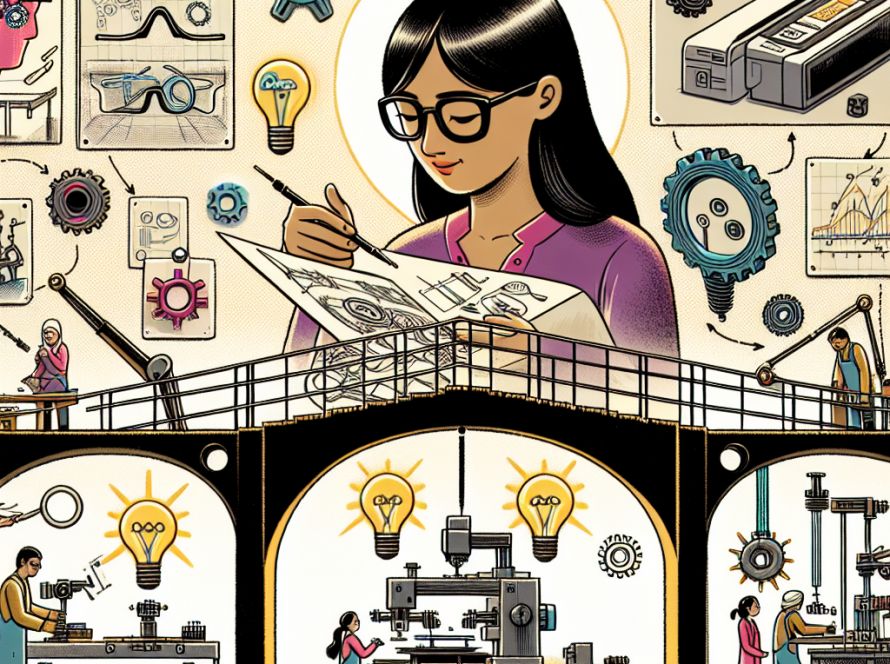Researchers from the Massachusetts Institute of Technology’s (MIT) Computer Science and Artificial Intelligence Laboratory (CSAIL) have developed an algorithm to mitigate the risks associated with using neural networks in robots. The complexity of neural network applications, while offering greater capability, also makes them unpredictable. Current safety and stability verification techniques, called Lyapunov functions, do not integrate well with complex systems controlled by neural networks.
The researchers’ algorithm allows complex systems to maintain a stable state by verifying a Lyapunov function. This method improves the safety and efficiency of the robots and autonomous vehicles, making them less likely to encounter dangerous or unstable situations. The team has identified a method to speed up the training and verification process, creating “cheaper” counterexamples and then optimizing the system to account for them.
The researchers then introduced a novel verification formulation that enables a scalable neural network verifier to provide rigorous worst-case scenario safeguards. This solution assists machines in coping with difficult scenarios, thus extending their safe operating range. The researchers foresee a multitude of applications for this stability method in fields where safety is key, such as autonomous vehicles, drone service, biomedicine, and industrial processes.
In a test, the algorithm effectively navigated a quadrotor drone with lidar sensors to stabilize in a 2D environment using only the environmental data provided by the lidar. Additionally, the technique also enabled the stabilization of two simulated robotic systems under a broader range of conditions. However, the researchers are looking for ways to improve the algorithm’s performance in larger systems, to develop the same stability assurances for systems in unstable environments, such as strong winds for drones, and to utilize additional data sources besides lidar readings.
This research will be presented at the 2024 International Conference on Machine Learning and was supported, in part, by Amazon, the National Science Foundation, the Office of Naval Research, and the AI2050 program at Schmidt Sciences.


